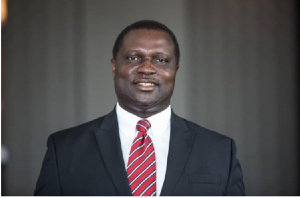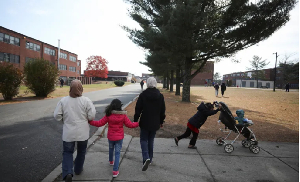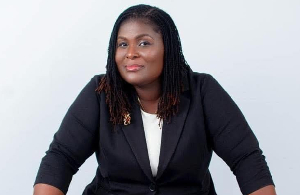The proposed Free SHS bill, which is yet to be brought before parliament, aims to eliminate the Basic Education Certificate Examination (BECE) as a requirement for entering secondary school. This is according to a report by Graphic.com.gh.
The bill seeks to restructure the education system by separating junior high school (JHS) from basic school and integrating it into a six-year secondary education framework. Instead, the BECE will be used solely for school selection purposes.
Dr. Yaw Osei Adutwum explained that upon passing the bill, SHS certification will become the first formal academic qualification in the country, replacing the current BECE certification.
The minister emphasized that this restructuring would ensure a continuous six-year secondary education, with new schools co-locating JHS and SHS students on the same campuses. Existing schools with both JHS and SHS students will continue this practice, similar to the old system where students from ordinary and advanced levels studied together.
Dr. Adutwum noted that the bill seeks to revive a system akin to the old Middle School and Secondary School relationship, where the Common Entrance Examination was used for school selection, and the Hall Examination served for certification for either employment or further education.
Why Legislation?
During an interaction with journalists, Dr. Yaw Osei Adutwum highlighted the importance of legislating Free SHS. He noted that while the current policy is not mandatory, future governments might discontinue it if they deem it unnecessary.
“We need a law that ensures free, compulsory universal secondary education. This means the minimum education for Ghanaians should be senior high school, not junior high school,” he stressed.
The 1992 Constitution already guarantees free compulsory universal basic education (FCUBE). The proposed bill aims to extend this guarantee to secondary education, aligning with Article 38, which mandates the state to provide educational facilities at all levels and ensure access for all citizens.
Dr. Adutwum pointed out that due to the Free SHS policy, more than 505,000 students enrolled in their first year this year, marking the highest enrollment in the country’s history. However, he expressed concern that some students, not yet of working age, opt out of continuing to SHS. The minister argued that mandating secondary education would prevent such students from becoming vulnerable to crime and other societal issues.
The minister praised the positive impact of Free SHS in the northern regions, where transition rates from JHS to SHS are significantly higher than in the southern regions. For instance, the Northern Region has a 95% transition rate, compared to the Volta Region’s 66%.
Majority Leader Alexander Afenyo-Markin challenged the Minority in Parliament to clarify their stance on the Free SHS legislation.
He announced that the Free SHS Bill had received Executive approval and would soon be introduced to Parliament.
In response, Minority Leader Dr. Cassiel Ato Forson stated that the Minority Caucus has not opposed the bill and urged the government to expedite its presentation to Parliament.
Dr. Forson reiterated that the Minority supports policies aimed at sustaining and improving the Free SHS initiative.
While the Free SHS policy has benefited over 3.04 million students since its inception in 2017, it has also faced criticism regarding issues such as feeding, accommodation, long vacations, and uncertainties in the SHS academic calendar.
Some educationists and think tanks have called for a review of the policy to address these challenges and ensure sustainable funding.
TWI NEWS
NAY/OGB
Ghana’s leading digital news platform, GhanaWeb, in conjunction with the Korle-Bu Teaching Hospital, is embarking on an aggressive campaign which is geared towards ensuring that parliament passes comprehensive legislation to guide organ harvesting, organ donation, and organ transplantation in the country.
Watch the latest episode of Everyday People on GhanaWeb TV below:













